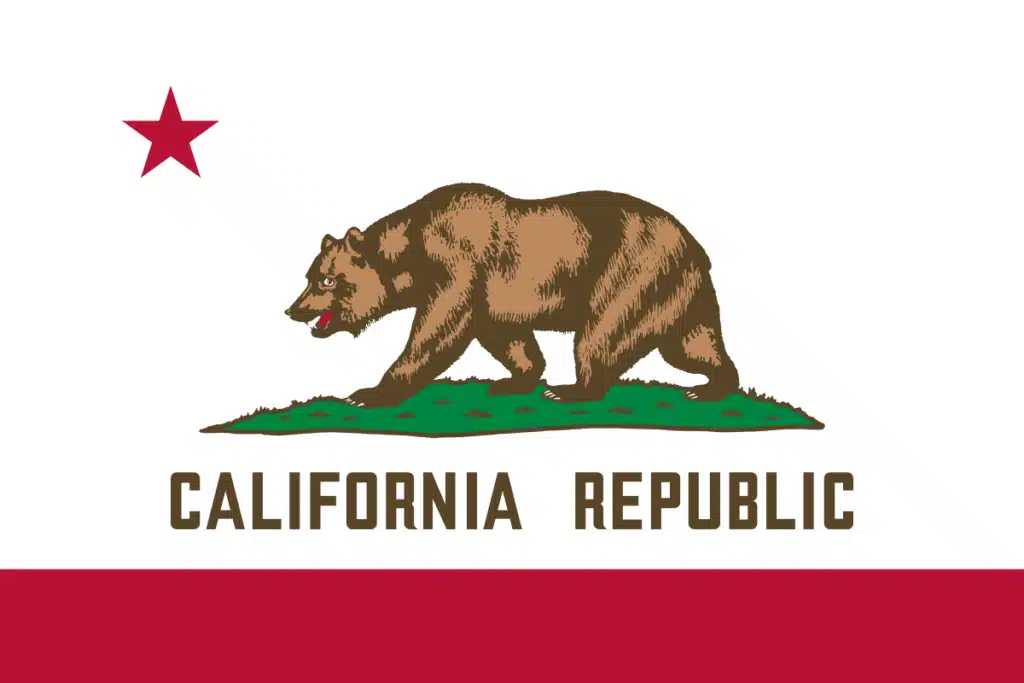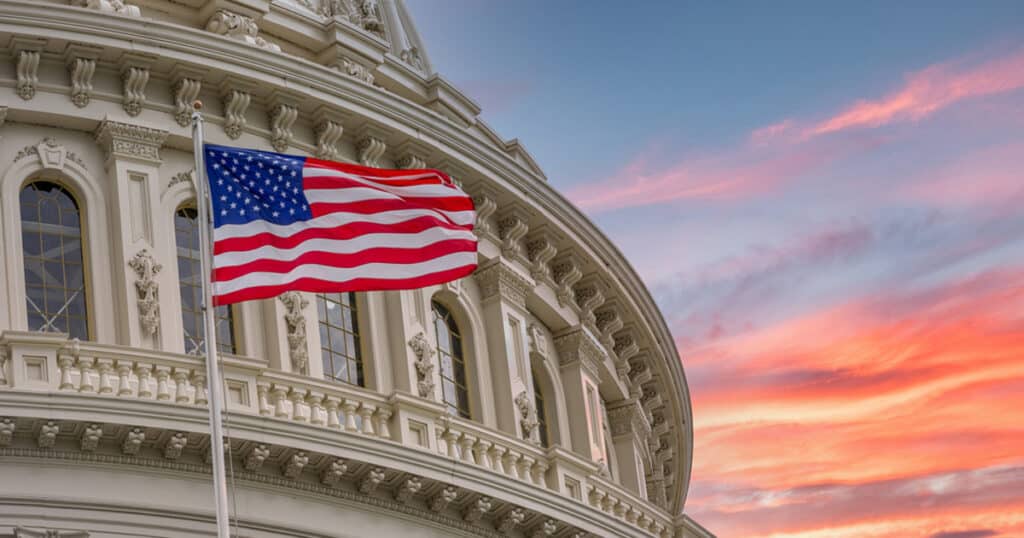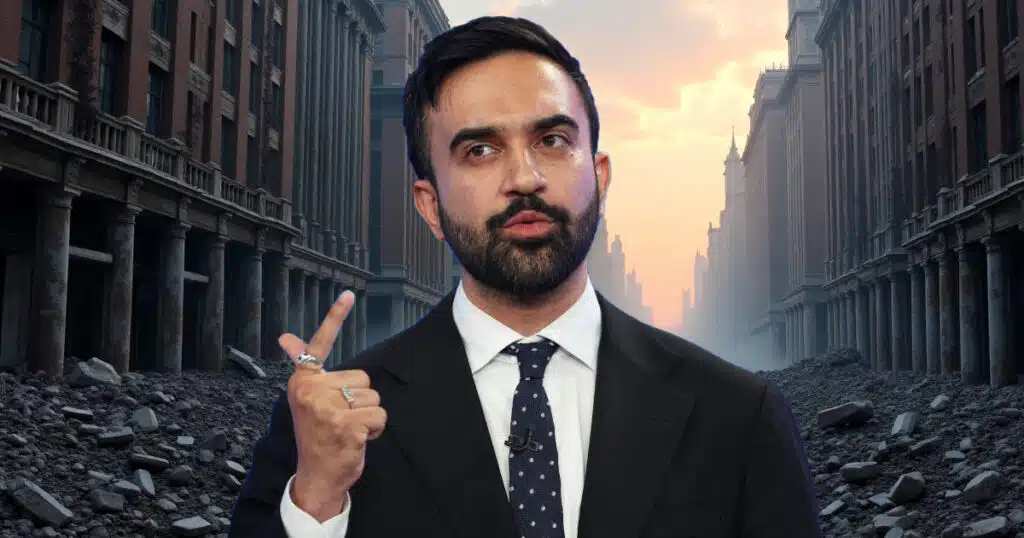
California GOP Focused This Election Cycle On Local School Board Races
Ever wonder what Republicans in the deep blue state of California have been doing this election cycle, aside from going through the motions of trying to mount a decent gubernatorial campaign against Democrat Gov. Gavin Newsom, who is heavily favored for re-election?
In basic marketing terms, those in the GOP have been developing a niche — although that term inadequately describes the fundamental values attacked by educators over the last few years and the battles families have waged to protect those values.
Aced out of statewide political offices by Democrats over the last three decades, California’s Republican Party opted to refocus its attention in the trenches and onto the consequential stand-offs between parents and school educators.
As such, local school board elections, once considered minor, down-ballot races by voters, assumed new meaning this year.
Conservative groups across the state have sought to corral the parental anger and frustration prompted by COVID-19 school closures to recruit and train candidates to run for school boards.
Then, once COVID-19 protocols loosened and mask mandates were eased, conservatives joined the fight against educational policies addressing the ideas of gender identity and racial equity.
The Republican Party started Parent Revolt, an initiative that recruits candidates to run for school board seats. The program offers virtual and in-person training and connects candidates to the instruction offered by other organizations.
The outreach effort marks the first time in California history that there has been so much attention on public schools, said Shawn Steel, who represents California on the Republican National Committee.
“It’s a kind of new exploration,” Steel told EdSource.. “Most of the time party folks have not looked at the so-called down-ballot races. I’m so excited about what is happening in the schools.”
At this point, the Republican goal is to flip as many school boards as possible, to give them a conservative majority. The party plans to continue this effort in the coming years, Steel said, adding, “There is going to be a lot of consternation on the left.”
After the results are known from the November elections, Steel said, the Parent Revolt committee will coordinate with other groups to determine what actions to take next. First on Steel’s own agenda is firing the lawyers whom he said gave bad advice to school boards and superintendents who encouraged masking “for unnatural periods of time,” and who embraced critical race theory.
“It’s racist,” Steel said. “Anyone who is Caucasian is an easy target. You have to shake their wokeness.”
Critical race theory, which is typically taught at the university level, considers how laws, regulations and government practices, such as zoning restrictions, have perpetuated racial injustice. It promotes a perspective that all societal constructs are influenced to some degree by racial biases
Critical race theory is not included in the voluntary state model curriculum, but it is taught in some districts that have adopted an alternative curriculum promoted by the Liberated Ethnic Studies Model Consortium, an initiative started in Los Angeles in 2020 to develop and install ethnic studies instruction — based, according to a press release issued in September, “in the radical, grassroots legacy of Ethnic Studies” — in K-12 classrooms across California.
The press release explains the LESMC concept of ethnic studies centers on “the knowledge, histories and perspectives of racialized groups and counters traditional mainstream curriculum” and describes the curriculum as an effort to train both educators and students in “challenging racial microaggressions, engaging educator and student knowledge and supporting student identity formation.”
Reform California is one of the many conservative organizations that has also held meetings and workshops to recruit and train candidates for school boards this year. One of the goals of the group, according to its website, is “to protect our children from toxic and divisive curriculum (e.g. critical race theory) that is being used to advance extreme political agendas.”
A survey of media stories across the state shows that some churches also are jumping into the political fray. In Placer County, near Sacramento, Destiny Christian Church in Rocklin has teamed up with the Christian advocacy group American Council to recruit candidates to advance a “biblical worldview,” according to the Sacramento Bee.
In Riverside County last March, the 412 Church Temecula Valley was the site of an “endorsement draft” of conservative school board members, reported The Press-Enterprise. The pastor there, Rev. Tim Thompson, spoke at the rally for school board candidates endorsed by the Inland Empire Family Political Action Committee, according to the Press-Enterprise piece.
Questions have been raised about whether churches that sponsor political events are ignoring the establishment clause of the Bill of Rights, which requires the separation of church and state, as well as the Johnson amendment of the tax code, which prohibits tax-exempt churches and affiliated groups from participating in political campaigns for candidates running for public office.
Troy Flint, chief information officer for the California School Boards Association, said in the EdSource story that most of the energy invested in recruiting and training candidates for school boards originates from conservative groups right of center.
Meanwhile, less is known about what Democrats are doing to recruit candidates. EdSource requests for comment directed to senior members of the California Democratic Party and its spokesperson were not returned, although Rusty Hicks, chair of the California Democratic Party, told CalMatters that the party is focused on state and federal races and leaves local races up to county chapters.
There are reportedly about 2,500 school board seats statewide up for election this year — and even as Steel reports crowded races in San Diego, Orange and west Riverside counties, where conservative groups are active, many school board seats across the state have only a single candidate. So, It’s an unknown at this stage if the conservative efforts to recruit school board members have indeed led more people to run for board spots in their respective districts.
Data from the San Francisco Chronicle reveal hundreds of school board races with only one candidate throughout the Bay Area, School board candidates are also headed into uncontested seats unopposed in communities such as San Luis Obispo, Elk Grove, Clovis, Anaheim and West Sacramento, according to Ballotpedia.
California School Boards Association President Susan Heredia said in the EdSource story that a substantial number of current school board members have decided not to run for re-election because they are exhausted from the amount of new information they have had to absorb during the COVID pandemic, not to mention the constant pressure exerted by parents and others who haven’t agreed with the COVID safety protocols required by the state.
“There is such pressure from the anti-vax and anti-mask collective to unseat incumbents that some incumbents are saying it’s just not worth it,” she said.
John Rogers, a professor of education at UCLA, told EdSource the state is at a dangerous inflection point when it comes to school board races and if people don’t pay attention to school board races — and vote in them — they could be left open to manipulation by outside funders.
“The extent to which school boards can be captured by anti-democratic interests is a real danger,” he said.
Rogers asserts, on the other hand, that California school district leaders can reduce parent dissatisfaction with school boards if they make a better effort to invite diverse sectors of the community into the decision-making process instead of just making decisions themselves.
“There should be more opportunities for community members to come in to talk about issues of real concern that touch upon young people’s well-being,” he said, “and what kind of future we want to see together.”



